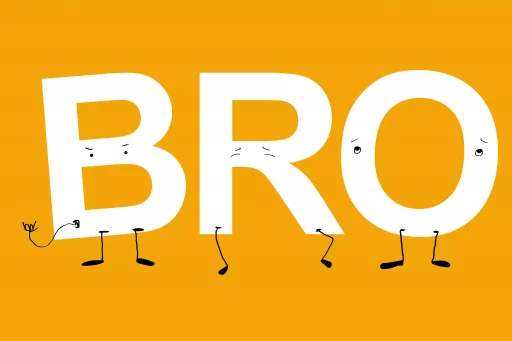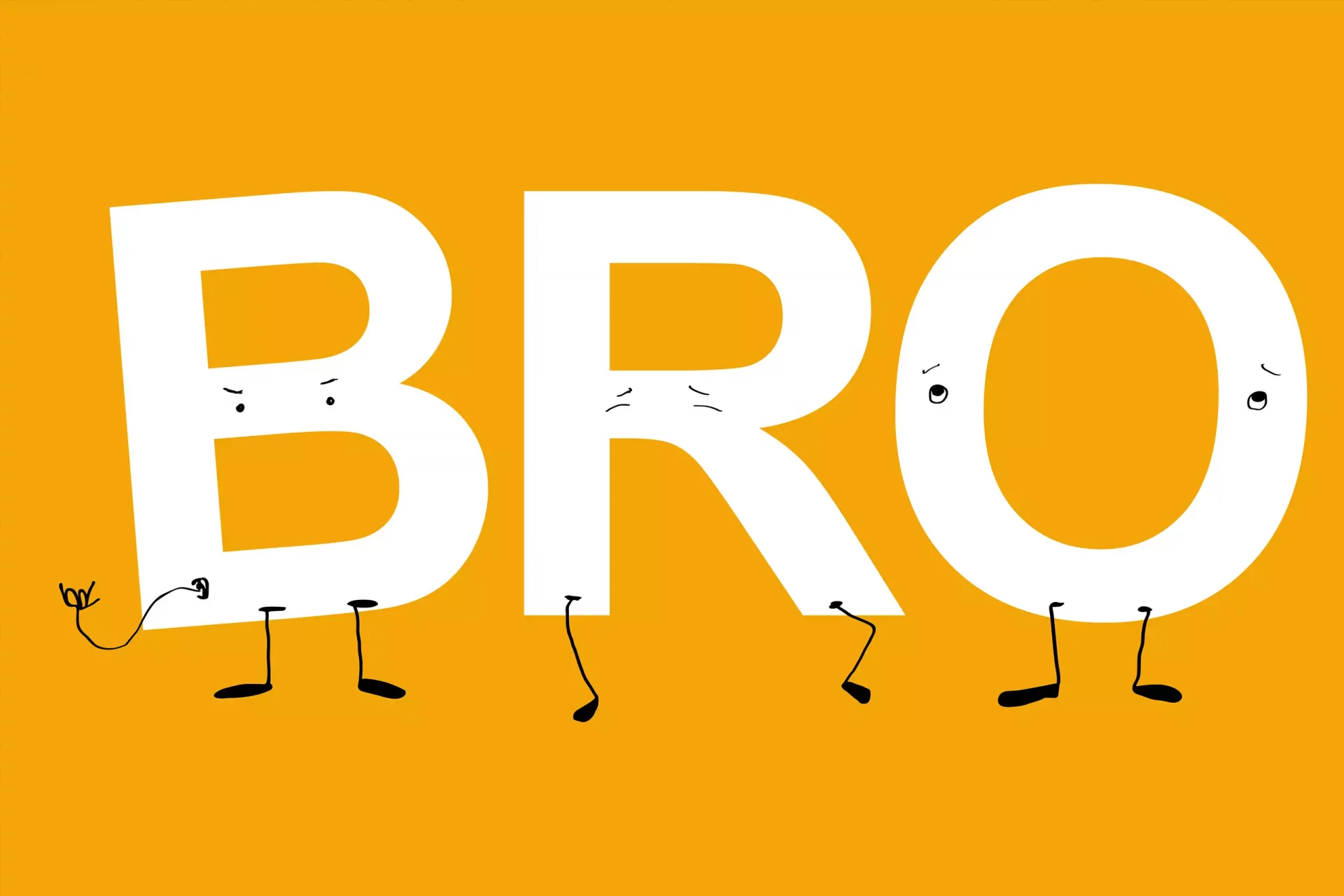Introduction
Slang words often evolve rapidly within different communities, and one term that has seen diverse interpretations over the decades is “wack.” Originally linked to a particular subculture, this term has broad applications in contemporary discussions. This article will explore the meaning of wack, its origins, usage, and significance in modern language.
The Origins of ‘Wack’
The term “wack” first emerged in the 1980s, primarily within hip-hop culture. It was derived as a way to describe something that was inferior, lame, or disappointing. Its usage was closely associated with criticisms of music, fashion, or behavior that didn’t meet the community’s standards. Over time, “wack” has transcended its cultural roots and is utilized across various demographics, including teenagers and young adults.
Current Usage of ‘Wack’
Today, wack is a versatile term with multiple applications in conversation and online communication. Here’s how it’s commonly used:
- Disappointing Events: People often refer to disappointing situations as wack. For example, “That party was totally wack. Hardly anyone showed up!”
- Subpar Quality: Products, performances, or creative works deemed low-quality can be labeled as wack. “The movie had great potential, but the plot twist was wack.”
- General Disapproval: When someone disagrees with someone’s behavior or opinion, they may express their disapproval with, “I can’t believe you thought that was cool, that’s wack!”
Examples in Popular Culture
The evolution of the term “wack” can be seen in various forms of media:
- Music: In hip-hop lyrics, artists often use wack to critique other rappers or trends within the music industry. For instance, many well-known tracks feature lines that dismiss artists as wack.
- Television: TV shows like “The Office” and “Parks and Recreation” often use contemporary slang, including wack, to reflect characters’ opinions humorously.
- Social Media: Platforms like Twitter and Instagram are rife with posts criticizing wack trends, videos, and memes.
Case Studies: The Impact of ‘Wack’ on Communication
In examining the term’s evolution, we can observe its impact on communication and social dynamics:
- Teen Communication: In a 2022 survey among teenagers, over 70% reported using the term wack regularly to describe various contexts. This usage reflects a common understanding among peers and serves as a language marker.
- Influencer Culture: Social media influencers often use the term wack in reviews and commentary, shaping their audience’s perceptions. Influencers can make or break trends, and collective disapproval expressed through wack can lead to swift changes in public opinion.
- Business Analysis: In marketing, businesses monitor the usage of terms like wack to gauge public sentiment regarding their products. Negative connotations can lead to brand discussions, forcing companies to adapt and innovate.
The Psychology Behind ‘Wack’
Why do people resonate strongly with the word wack? The term encapsulates an emotional reaction. When something is labeled wack, it signals more than just a judgment; it’s a form of community bonding and shared understanding, particularly among youth. This understanding fosters a sense of belonging and identity.
Conclusion
The slang term “wack” serves as a fascinating example of how language evolves within subcultures and impacts broader society. While it started as a specific critique in the hip-hop community, its applications have diversified widely, demonstrating its relevance in contemporary discourse. Understanding terms like wack provides insight into cultural trends, social dynamics, and the ever-changing nature of language.
Final Thoughts
Language is powerful, and slang like wack illustrates how words can simultaneously convey critique, humor, and community sentiment. As new generations arise with fresh lexicons, it’s essential to appreciate the significance of these terms and their implications in our daily communication.


